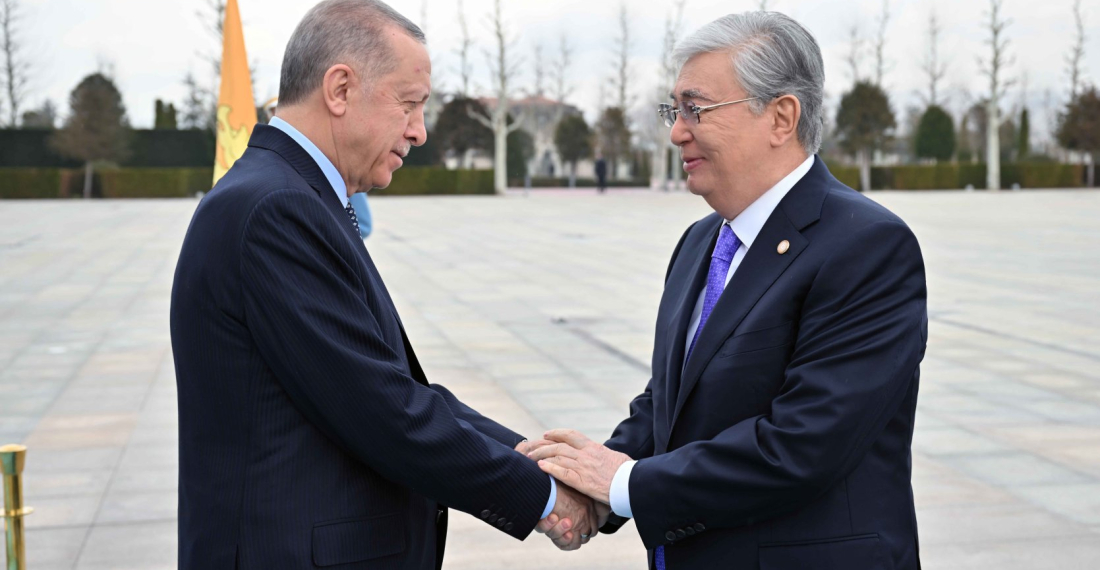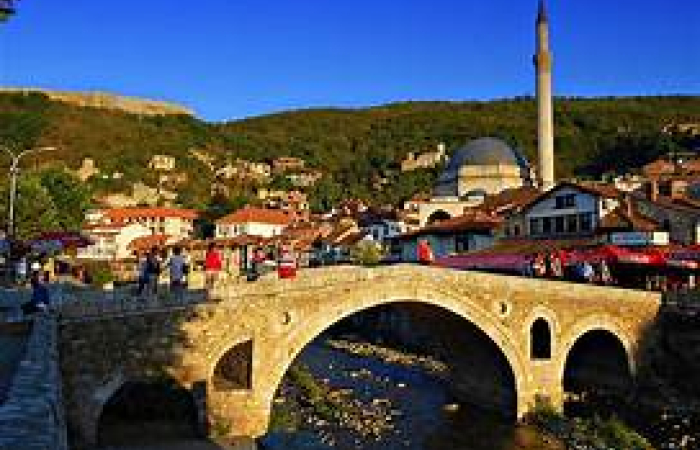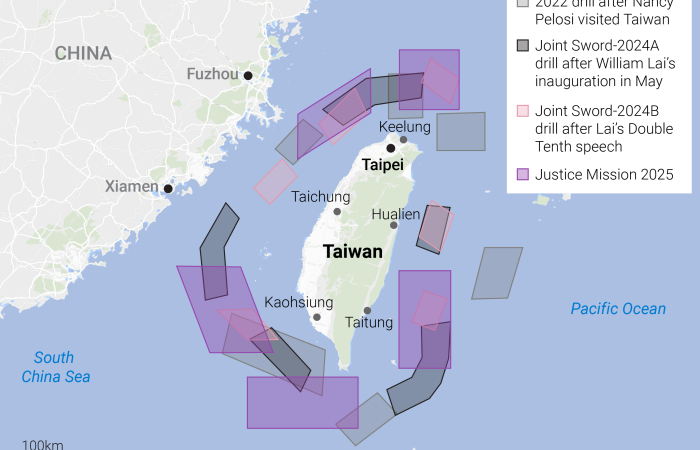When Kazakh president Kassym-Jomart Tokayev flew into the Esenboğa international airport in Ankara, he was greeted there by President of Türkiye Recep Tayyip Erdoğan, a move full of symbolism, but also a rare one. The smiles and the long handshake that proceeded further and were captured nicely in photos speak a lot about the nature of relations between Kazakhstan and Türkiye wrote Astana Times. President Erdoğan greeted President Tokayev with the words “Welcome to your second home.”
During the visit Tokayev and Erdoğan co-chaired the 5th meeting of the High-Level Strategic Cooperation Council of the two countries. The visit resulted in the signing of 18 intergovernmental agreements covering energy, transport, mining, agriculture, defence, education, and digital cooperation.
During the visit, the leaders agreed on measures to expand Kazakh oil exports via the Baku–Tbilisi–Ceyhan (BTC) pipeline. Approximately 1.4 million tonnes are already transported annually, and both sides aim to increase this volume with the support of the Turkish Petroleum company in Kazakhstan. Both leaders also committed to strengthening cooperation in the development of rare earth and strategic minerals, critical for green technology and high-tech manufacturing.
In addition, collaboration extends to the Middle Corridor, the Trans-Caspian International Transport Route, connecting Europe and Asia. Kazakhstan handles nearly 85% of the overland transportation of goods between China and Europe, while Türkiye’s ports provide Mediterranean and European access. Combined infrastructure upgrades aim to streamline logistics and reduce transit times for regional trade.
Educational and technological cooperation was also highlighted. Both countries plan to launch Maarif Foundation schools and university branches across Kazakhstan. Joint tech initiatives include partnerships in information technology and logistics services, further integrating digital systems in both markets
Bilateral trade currently stands at $5 billion. Tokayev and Erdoğan aim to raise this figure to $15 billion, while Turkish investments in Kazakhstan now total around $5 billion and Kazakh investments in Türkiye exceed $1.5 billion. Some 4,000 Turkish companies operate in Kazakhstan, supporting sectors from construction to agriculture and healthcare.
Source: commonspace.eu with Astana Times, The Times of Central Asia and other agencies.
Photo: Turkish President Erdogan greeting Kazakh President Tokayev at Ankara airport






